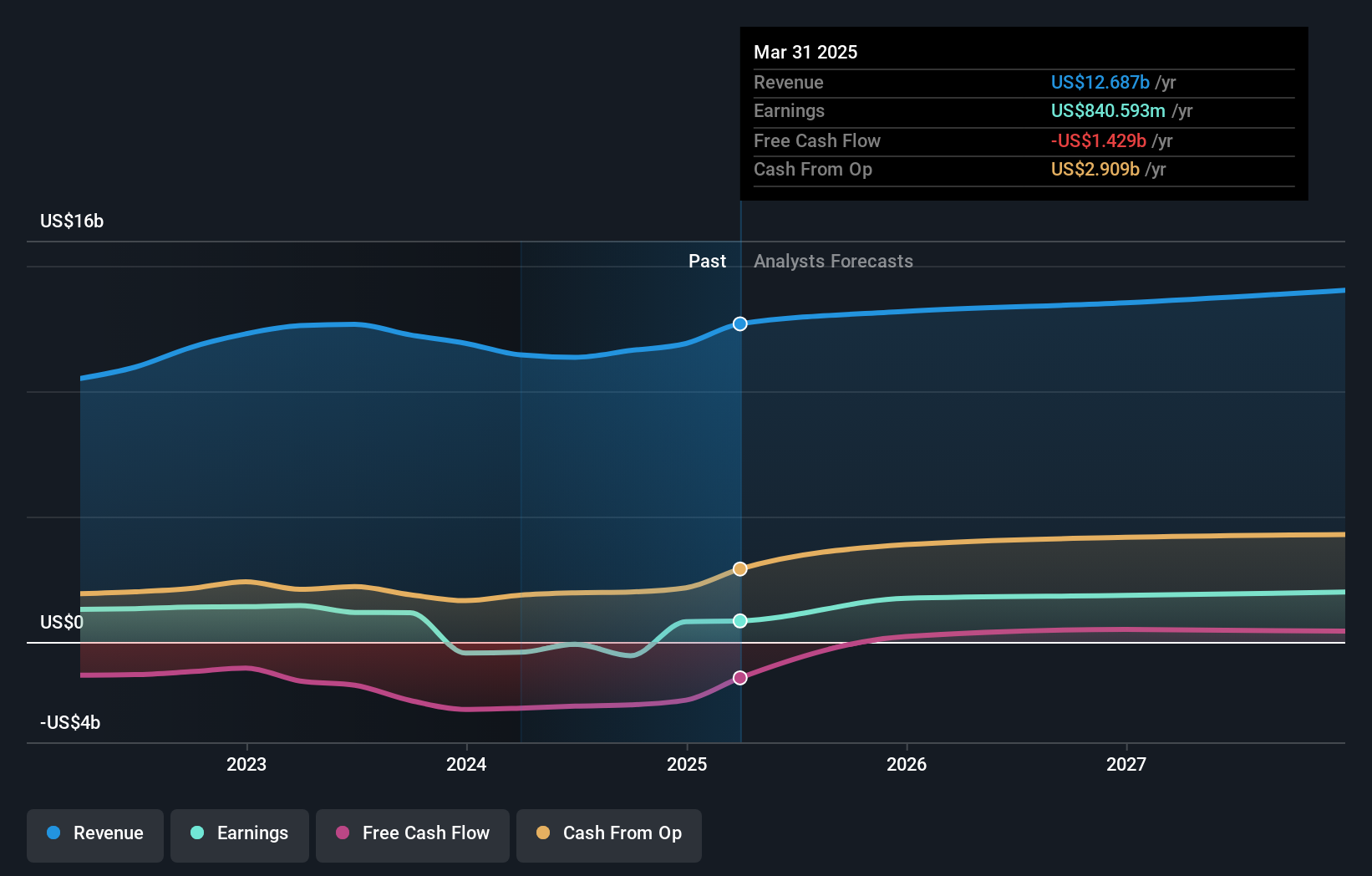- United States
- /
- Electric Utilities
- /
- NYSE:ES
The past three years for Eversource Energy (NYSE:ES) investors has not been profitable

As an investor its worth striving to ensure your overall portfolio beats the market average. But if you try your hand at stock picking, you risk returning less than the market. Unfortunately, that's been the case for longer term Eversource Energy (NYSE:ES) shareholders, since the share price is down 31% in the last three years, falling well short of the market return of around 48%.
Now let's have a look at the company's fundamentals, and see if the long term shareholder return has matched the performance of the underlying business.
There is no denying that markets are sometimes efficient, but prices do not always reflect underlying business performance. One way to examine how market sentiment has changed over time is to look at the interaction between a company's share price and its earnings per share (EPS).
During five years of share price growth, Eversource Energy moved from a loss to profitability. We would usually expect to see the share price rise as a result. So given the share price is down it's worth checking some other metrics too.
Given the healthiness of the dividend payments, we doubt that they've concerned the market. Eversource Energy has maintained its top line over three years, so we doubt that has shareholders worried. So it might be worth looking at how revenue growth over time, in greater detail.
The image below shows how earnings and revenue have tracked over time (if you click on the image you can see greater detail).

Eversource Energy is well known by investors, and plenty of clever analysts have tried to predict the future profit levels. You can see what analysts are predicting for Eversource Energy in this interactive graph of future profit estimates.

What About Dividends?
As well as measuring the share price return, investors should also consider the total shareholder return (TSR). Whereas the share price return only reflects the change in the share price, the TSR includes the value of dividends (assuming they were reinvested) and the benefit of any discounted capital raising or spin-off. So for companies that pay a generous dividend, the TSR is often a lot higher than the share price return. As it happens, Eversource Energy's TSR for the last 3 years was -22%, which exceeds the share price return mentioned earlier. And there's no prize for guessing that the dividend payments largely explain the divergence!
A Different Perspective
It's nice to see that Eversource Energy shareholders have received a total shareholder return of 17% over the last year. That's including the dividend. That certainly beats the loss of about 2% per year over the last half decade. We generally put more weight on the long term performance over the short term, but the recent improvement could hint at a (positive) inflection point within the business. It's always interesting to track share price performance over the longer term. But to understand Eversource Energy better, we need to consider many other factors. Like risks, for instance. Every company has them, and we've spotted 3 warning signs for Eversource Energy (of which 2 shouldn't be ignored!) you should know about.
If you are like me, then you will not want to miss this free list of undervalued small caps that insiders are buying.
Please note, the market returns quoted in this article reflect the market weighted average returns of stocks that currently trade on American exchanges.
Valuation is complex, but we're here to simplify it.
Discover if Eversource Energy might be undervalued or overvalued with our detailed analysis, featuring fair value estimates, potential risks, dividends, insider trades, and its financial condition.
Access Free AnalysisHave feedback on this article? Concerned about the content? Get in touch with us directly. Alternatively, email editorial-team (at) simplywallst.com.
This article by Simply Wall St is general in nature. We provide commentary based on historical data and analyst forecasts only using an unbiased methodology and our articles are not intended to be financial advice. It does not constitute a recommendation to buy or sell any stock, and does not take account of your objectives, or your financial situation. We aim to bring you long-term focused analysis driven by fundamental data. Note that our analysis may not factor in the latest price-sensitive company announcements or qualitative material. Simply Wall St has no position in any stocks mentioned.
About NYSE:ES
Eversource Energy
A public utility holding company, engages in the energy delivery business.
Average dividend payer low.
Similar Companies
Market Insights
Community Narratives


